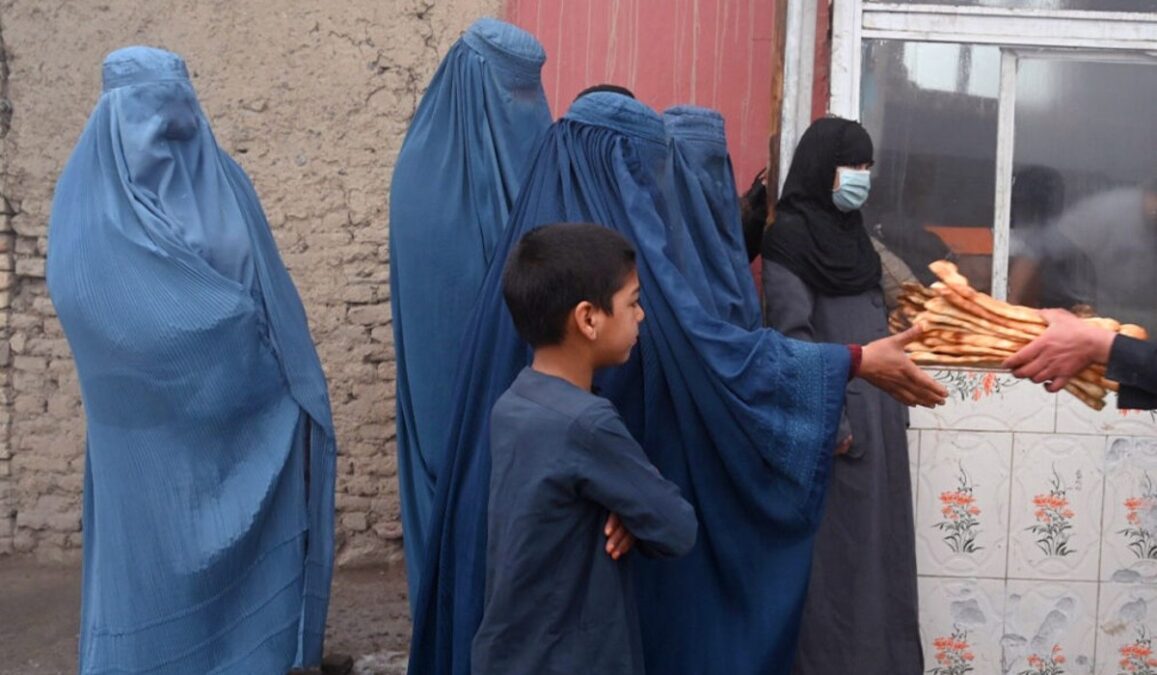The United Nations Office for the Coordination of Humanitarian Affairs (OCHA) has raised alarm over escalating hunger and malnutrition in Afghanistan, reporting the highest levels for 2024.
In a social media post, OCHA revealed that around 15.8 million people in Afghanistan are expected to face food shortages.
From January to November 2023, humanitarian efforts reached 29.4 million people in Afghanistan, with 25.5 million directly benefiting, OCHA said. These initiatives, including food and healthcare aid, were funded by $850 million carried over from 2022 and an additional $1.30 billion raised in 2023. Despite this, funding shortfalls led to reduced food assistance, affecting 18 million people in IPC 3+ areas and 3.4 million receiving half rations, including those in IPC 4 areas.
According to OCHA report, the ban on Afghan women working for international NGOs and the UN complicates these efforts. Nonetheless, humanitarian organizations are striving to expand their response, emphasizing quality and risk mitigation.
The 2023 Humanitarian Response Plan (HRP), revised in May, now aims to assist 21.3 million people with a $3.2 billion budget. This includes $2.26 billion for unmet needs from June to December, the organization said.
With winter approaching, millions who have received aid will continue to need support in areas like food, healthcare, and shelter. Immediate assistance is crucial, especially for returnees from Pakistan and those affected by the recent Herat Province earthquakes. Funding gaps pose risks to critical supply chains in various sectors, underscoring the urgency for funds to manage border delays, market disruptions, and pre-position relief items, OCHA added.
Previously, the United Nations Development Programme (UNDP) reported that 85% of Afghans live on less than one dollar a day post-Taliban return to power.
OCHA’s warning coincides with increased needs due to the return of Afghan migrants from Pakistan, recent earthquakes in Herat Province, and the onset of winter.





